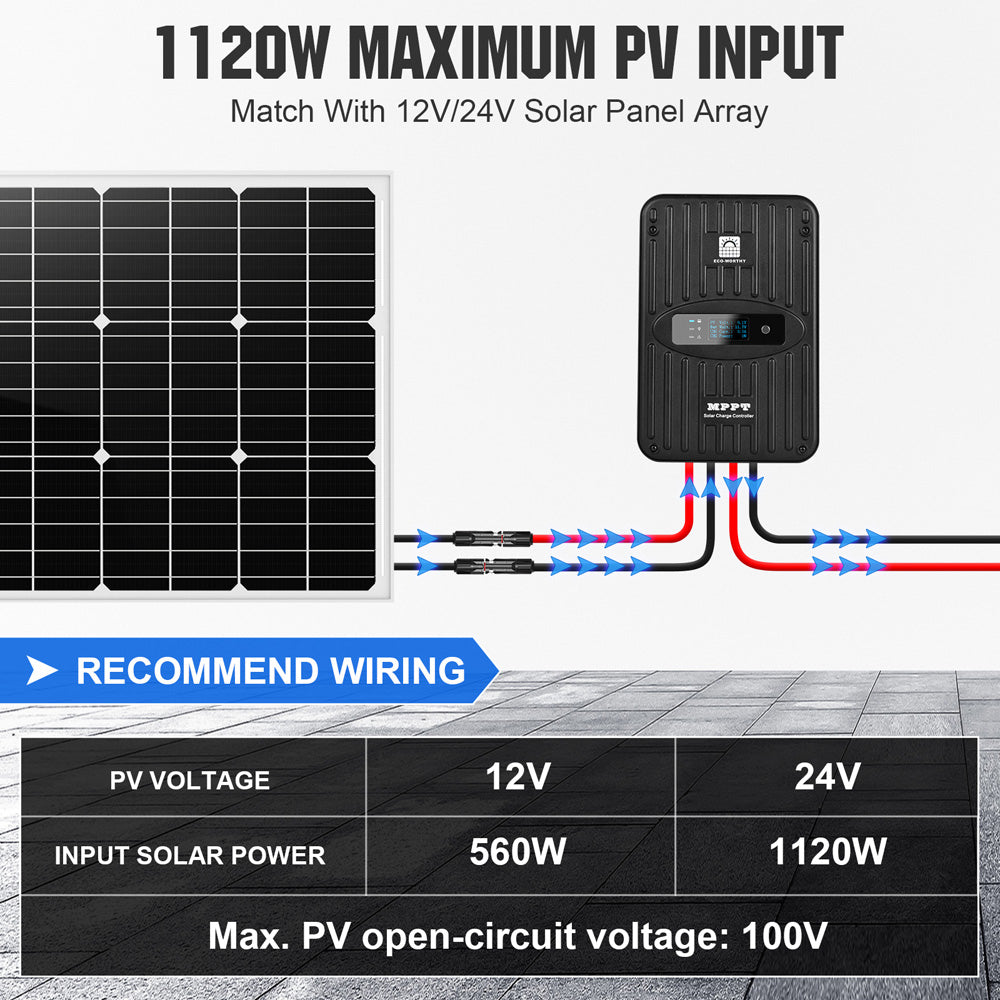The Essential Role of Solar Charge Controllers in Off-Grid Solar Systems
Corps
In the realm of renewable energy, the solar charge controller plays a pivotal role in optimising the performance of off-grid solar systems. This device not only regulates the voltage and current coming from solar panels but also ensures the safe charging and discharging of batteries. Understanding its functionality is crucial for anyone looking to harness solar energy effectively.

What is a Solar Charge Controller?
A solar charge controller is an electronic device that manages the flow of electricity from solar panels to batteries. It prevents overcharging and deep discharging, which can significantly shorten battery life. By maintaining the battery within its optimal voltage range, the controller enhances the overall efficiency of the solar power system.
Types of Solar Charge Controllers
There are primarily two types of solar charge controllers: PWM (Pulse Width Modulation) and MPPT (Maximum Power Point Tracking). Each type has its unique advantages:
- PWM Controllers: These are simpler and less expensive. They work by gradually reducing the amount of power sent to the battery as it approaches full charge.
- MPPT Controllers: These are more advanced and can convert excess voltage into additional current, making them more efficient, especially in larger systems.
Why is a Solar Charge Controller Important?
The importance of a solar charge controller cannot be overstated. Without it, the risk of battery damage increases significantly. Here are some key reasons why:
- Battery Protection: It prevents overcharging, which can lead to battery swelling and leakage.
- Energy Efficiency: By optimising the charging process, it maximises the energy harvested from solar panels.
- System Longevity: Proper management of battery cycles extends the lifespan of both the batteries and the entire solar system.
Choosing the Right Solar Charge Controller
When selecting a solar charge controller, consider the following factors:
- System Voltage: Ensure compatibility with your solar panel and battery voltage.
- Current Rating: Choose a controller that can handle the maximum current produced by your solar panels.
- Features: Look for additional features such as LCD displays, temperature compensation, and remote monitoring capabilities.
For a wide selection of high-quality solar charge controllers, visit .
Conclusion
In summary, a solar charge controller is an essential component of any off-grid solar system. By ensuring efficient energy management and protecting your batteries, it plays a crucial role in the sustainability of your solar energy solution. Understanding its functions and selecting the right type can significantly enhance your solar experience.






commentaires